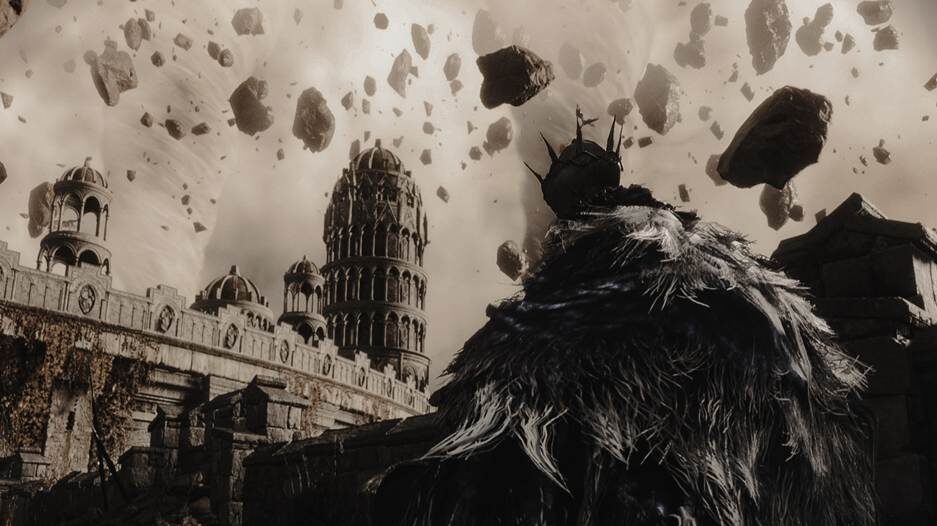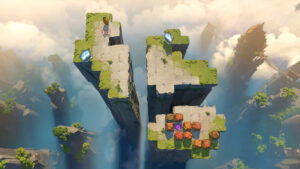Once upon a time, video games held your hand. They gave you endless tutorials, generous checkpoints, and enemies that politely waited their turn to attack. Then Demon’s Souls arrived in 2009, slapping players across the face and whispering, “Git gud.” The Souls series, pioneered by FromSoftware, transformed gaming forever, proving that difficulty isn’t a flaw – it’s a feature.
A New Way to Tell Stories
Souls games redefined storytelling. Instead of spoon-feeding you a narrative, they scattered cryptic lore across item descriptions, environmental details, and fragmented NPC dialogues. You had to dig deep, connect the dots, and piece together the world’s secrets yourself. It was like gaming archaeology, rewarding curiosity and perseverance.
And then came Elden Ring, the culmination of everything Souls games had built up to. With a vast open world and deep lore (partly crafted by George R.R. Martin), Elden Ring pushed the genre to new heights. For those eager to explore its vast and treacherous world, an Elden Ring cheap Steam key offers a chance to experience this punishing yet breathtaking masterpiece.
Making Difficulty Cool Again
Before Souls games, hard games were often seen as relics of the past. Then, FromSoftware proved that players wanted the challenge. Dying wasn’t frustrating – it was a lesson. Every boss fight felt like a battle of skill and patience. And that sense of triumph after finally taking down a seemingly impossible foe? Pure screaming euphoria.
Now, difficulty is back in style. Games like Hollow Knight, Nioh, and Lies of P proudly wear their Souls-like inspirations on their sleeves. Even mainstream titles like God of War: Ragnarok and Jedi: Survivor have integrated more challenging combat elements. Souls games turned “brutal” into a badge of honour.
But it’s not just about difficulty – it’s about fairness. Souls games rarely feel cheap. Every enemy, every boss, every trap follows a logic you can learn and master. The moment you stop blaming the game and start learning from your mistakes is when you truly get what makes the genre so special.

Multiplayer, but Make it Weird
Forget traditional multiplayer lobbies. Souls games created a unique online experience with cryptic messages, ghostly player phantoms, and the ever-terrifying invasions. One moment, you’re peacefully exploring; the next, a red phantom crashes your world, hell-bent on ruining your day. It’s chaotic, unpredictable, and ridiculously fun.
Co-op is equally unconventional. Instead of inviting friends through a menu, you scrawl summoning signs and hope another player sees them. It’s clunky, sure, but it adds to the series’ strange charm. There’s something magical about seeing a random player’s ghostly figure help you through an impossible fight, then vanish into the mist.
Gaming Will Never Be the Same
Souls games didn’t just create a genre – they reshaped how games are designed, played, and even discussed. Every major RPG now gets the inevitable question: Is it Souls-like? Difficulty and environmental storytelling are no longer niche – they’re industry standards.
Even outside gaming, Souls titles have influenced pop culture. Memes, speedrunning communities, and deep-dive lore videos have turned these games into something bigger than just interactive entertainment. They’re cultural phenomena.
And if you’re itching to experience this revolution firsthand, digital marketplaces like Eneba are the go-to place for amazing deals on gaming. Whether you’re after Elden Ring, Dark Souls, or other punishing-yet-rewarding titles, you won’t need to spend all your souls to get it.
So, ready to git gud?



